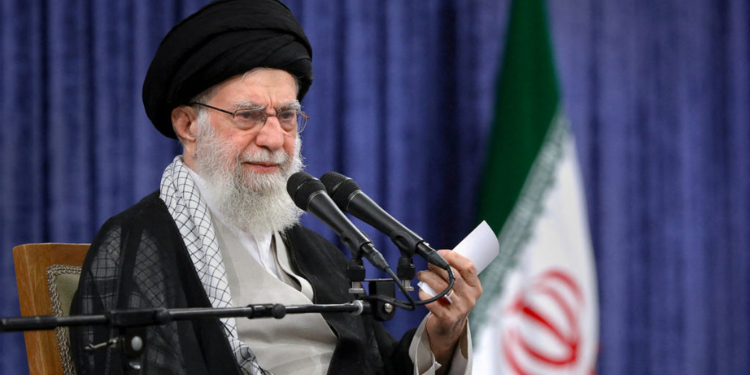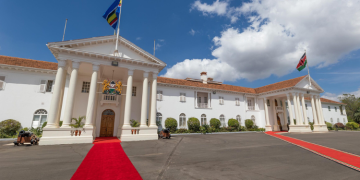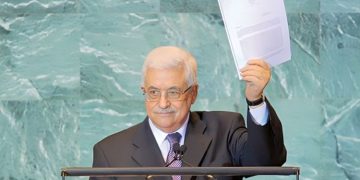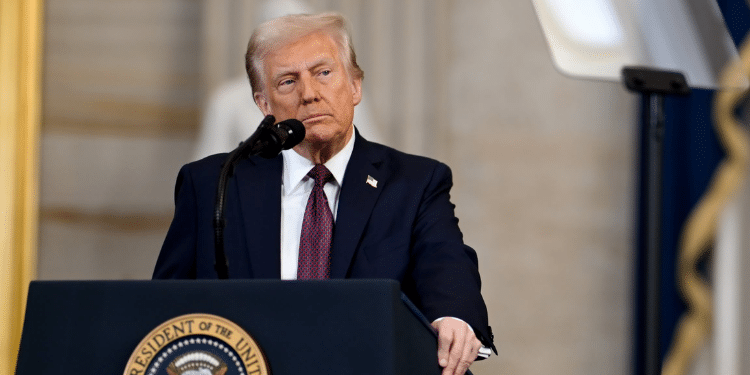On Sunday morning, June 22, 2025, the President of the United States, Donald Trump, announced that his administration had launched strikes on three Iranian nuclear facilities, which he described as a “very successful attack.”
“The U.S. military carried out massive precision strikes on the three key nuclear assemblies in the Iranian regime: Fordo, Natanz, and Esfahan.
All planes are now outside of Iran air airspace. A full payload of bombs was dropped on the primary site, Fordow,” President Trump posted on Truth Social.
Trump Attacks Iran
After the attack, President Trump held a press conference at the Oval Office, warning Iran that it will not hesitate to attack it again if it does not cease firing missiles at Israel.
Democrats have, however, strongly criticized President Donald Trump’s announcement of U.S. military strikes on three Iranian nuclear sites on June 21, 2025. Their main concern was that he did not get approval from Congress and that his actions could lead to more conflict in the Middle East.
House Minority Leader Hakeem Jeffries condemned the strikes as reckless and unauthorized, stating that Trump “misled the country about his intentions, failed to seek congressional authorization for the use of military force and risks American entanglement in a potentially disastrous war in the Middle East.”
Also Read: Iran Reveals Next Move After US Attack on Fordow
He demanded a full classified briefing for Congress and emphasized that Trump bears responsibility for any adverse consequences.
Following the attack, questions have been raised about whether the United States President has the power to order military actions like bombing without immediate congressional approval.
This article explores whether the President can order military intervention without immediate congressional approval. Under the U.S. Constitution, Congress holds the power to declare war (Article I, Section 8), while the President, as Commander-in-Chief of the armed forces (Article II, Section 2), directs military operations.
The Constitution does not clearly state if the President can start military action without Congress’s approval, which has led to different opinions on the issue.
What the Law States About Military Intervention
In practice, U.S. presidents often take military action without approval first. They argue that, as Commander-in-Chief, they have the right to protect national security, save American lives, or respond to urgent threats.
However, presidential power is limited by the War Powers Resolution of 1973, which requires the President to:
- Notify Congress within 48 hours of committing forces to hostilities, and
- Withdraw those forces within 60–90 days unless Congress grants authorization or declares war.
While Congress controls the power to declare war and fund the military, the President retains operational command of U.S. forces.
Also Read: US Announces Escape Routes for Citizens in Iran and Israel Amidst Attack
Examples of instances where Presidents have resorted to Military action without Congress’s approval include:
- President Bill Clinton’s airstrikes in Kosovo (1999).
He launched (North Atlantic Treaty Organization) NATO airstrikes against Yugoslavia without congressional approval.
- President Barrack Obama’s intervention in Libya (2011).
Obama authorized U.S. strikes under NATO’s no-fly zone without formal Congressional authorization.
- President Trump—Qasem Soleimani Strike (2020)
Trump ordered a drone strike that killed Iranian General Soleimani.
Follow our WhatsApp Channel and X Account for real-time news updates.













































































